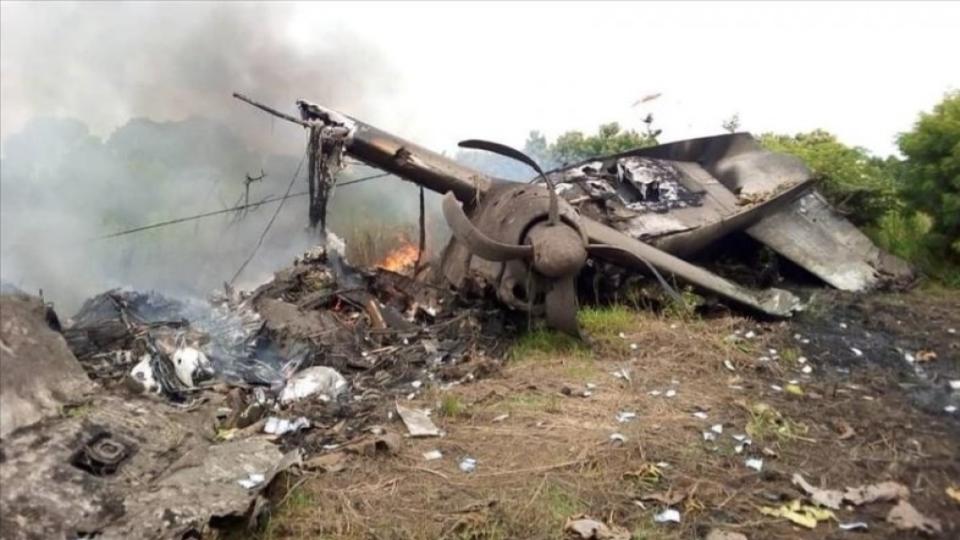SC Allows States To Grant Benefit Of Reservation To In-Service Doctors In PG Courses
Mon 31 Aug 2020, 12:48:41
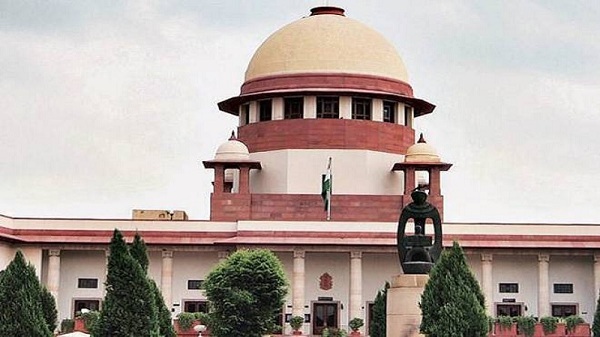
New Delhi [India], Aug 31: The Supreme Court on Monday allowed states to grant the benefit of reservation of seats to in-service doctors in the National Eligibility cum Entrance Test (NEET) postgraduate degree courses.
A five-judge Constitution bench comprising of Justices Arun Mishra, Vineet Saran, Indira Banerjee, MR Shah and Aniruddha Bose said that the Medical Council of India (MCI) has no power to provide or not provide reservation for in-service doctors in admission to PG courses.
However, the Bench said the doctors must sign a bond for five years in service in remote/rural area.
The Bench held that MCI regulation that barred such reservation has held unconstitutional and arbitrary. It said states to formulate a scheme for rural/remote service by in-service doctors after completing PG degree.
States legislature has the authority to provide reservation for in-service doctors. But state regulations must provide for work bonds for five years service in rural/remote area for the person who get PG admission through this reservation, the bench said.
The judgement came
on a plea filed by petitioners, including doctors from Kerala, Maharashtra and Haryana, saying granting reservation benefits would encourage those working in government hospitals and in rural areas.
on a plea filed by petitioners, including doctors from Kerala, Maharashtra and Haryana, saying granting reservation benefits would encourage those working in government hospitals and in rural areas.
The doctors had challenged the validity of the Postgraduate Medical Education Regulations, 2000, framed by the MCI.
50 per cent seats in PG diploma courses are reserved for medical officers in the government service but the MCI regulations barred it in PG degree courses. All the admission to PG degree courses are conducted through the NEET and 50 per cent seats are filled through all India quota and the remaining 50 per cent from state quota.
The in-service candidates had submitted that they work around the clock for the benefit of the public and could hardly find time to update their knowledge and compete with the general merit candidates.
The Central government and the MCI had opposed the plea contending that granting reservations or a separate source of entry for in-service candidates would directly impinge on the authority of MCI to coordinate and determine standards of medical education. (ANI)
No Comments For This Post, Be first to write a Comment.
Most viewed from National
Most viewed from World
AIMIM News
Delhi Assembly polls: Owaisi leads Padyatra in Okhla
Feb 01, 2025
We reject this Waqf Amendment Bill: Asaduddin Owaisi
Jan 30, 2025
Latest Urdu News
Most Viewed
May 26, 2020
Which team will win the ICC Men's Champions Trophy 2025 held in Pakistan/Dubai?
Latest Videos View All
Like Us
Home
About Us
Advertise With Us
All Polls
Epaper Archives
Privacy Policy
Contact Us
Download Etemaad App
© 2025 Etemaad Daily News, All Rights Reserved.


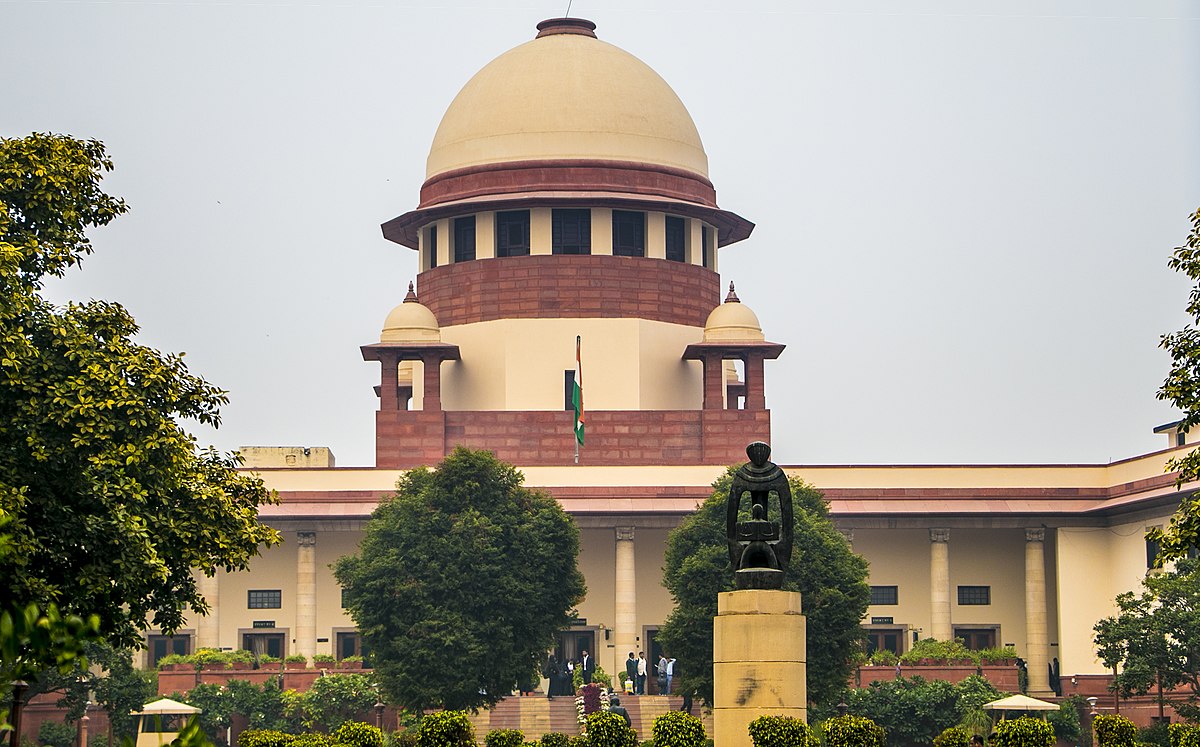
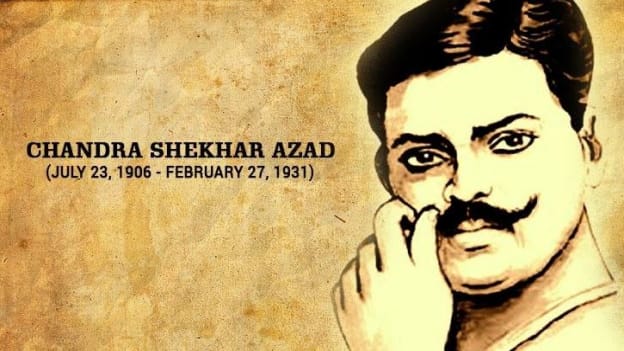


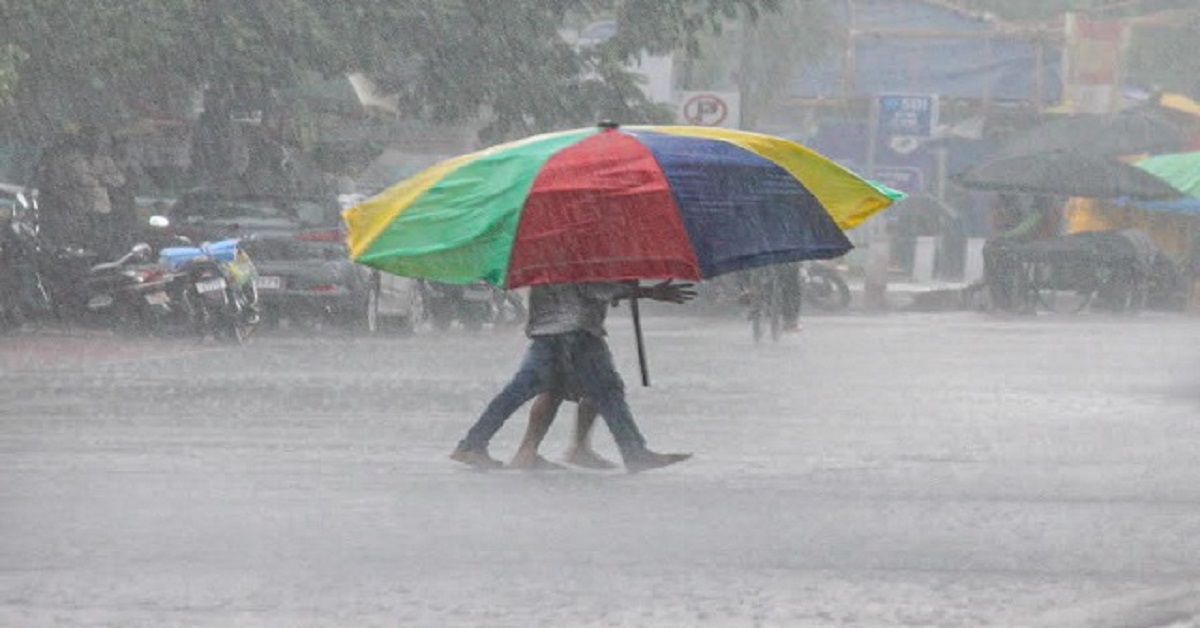
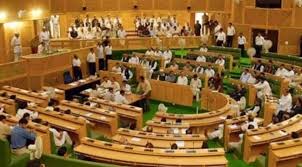

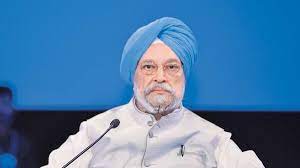
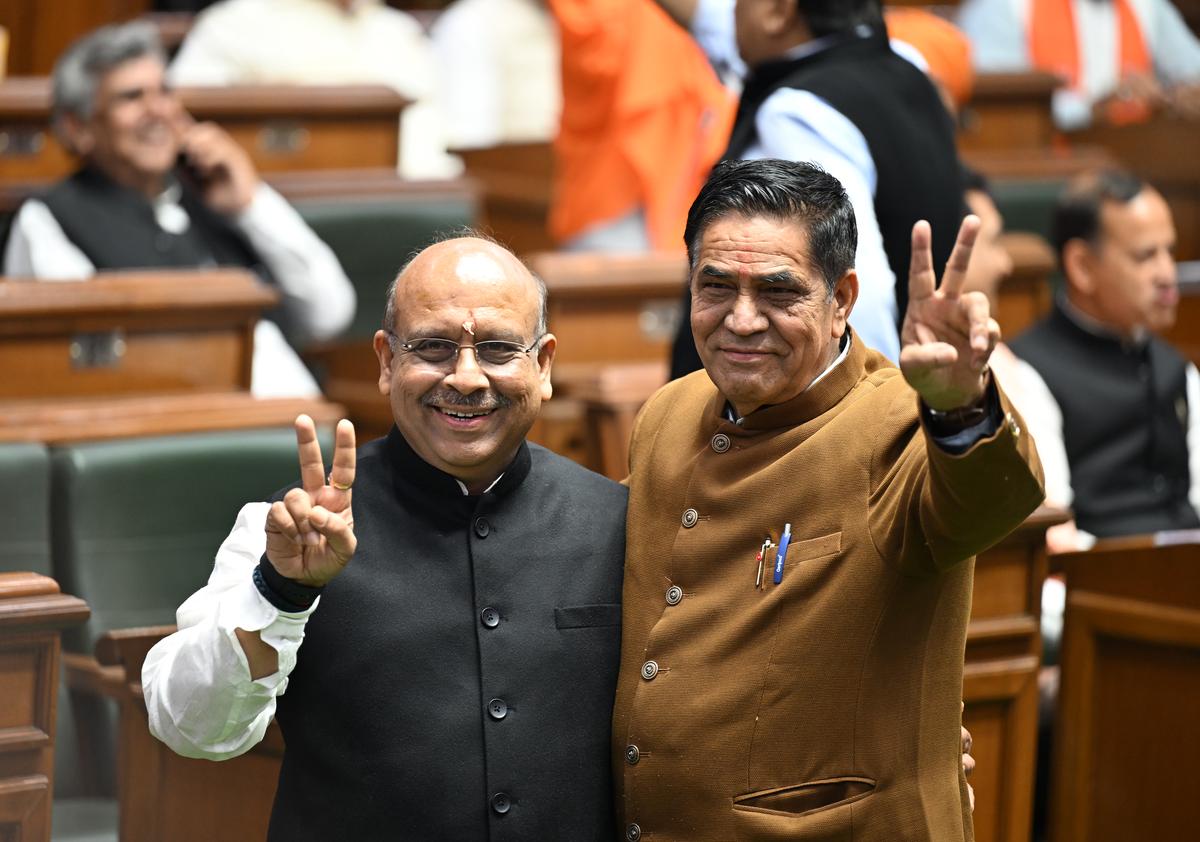
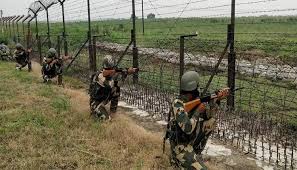










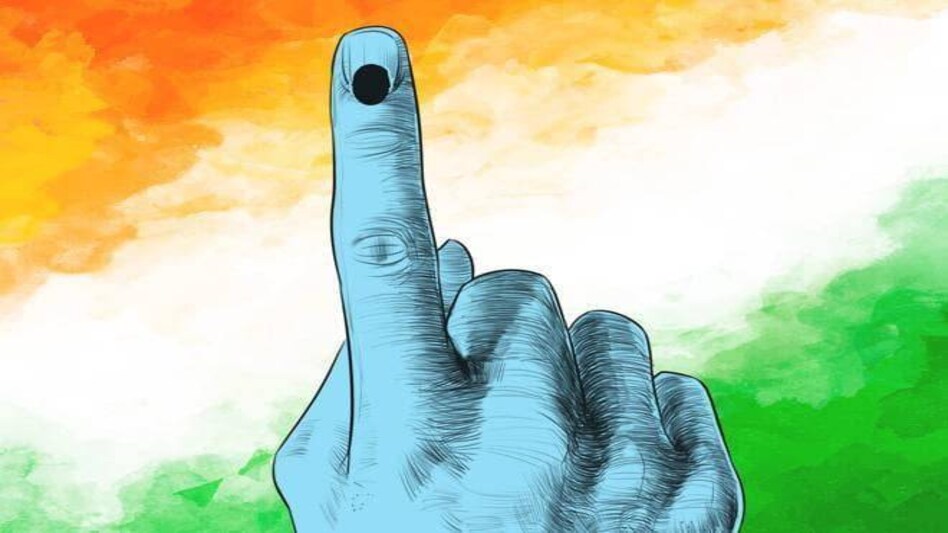
.jpg)
